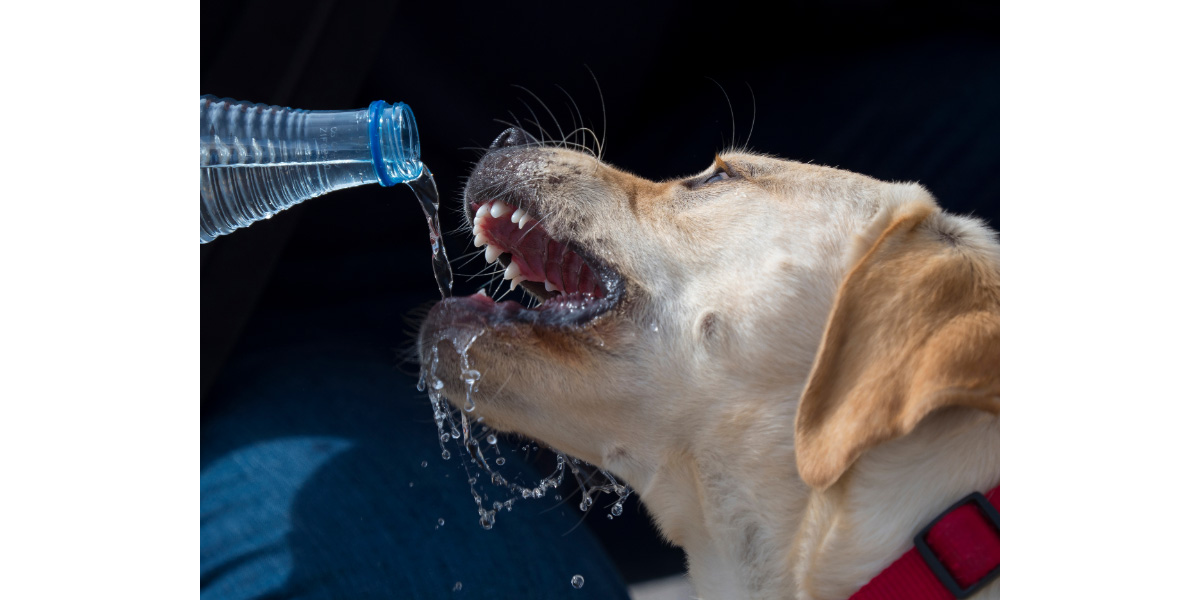Oral Health Benefits of Water Additives for Dogs
Doctor of Veterinary Medicine

While efforts are made to answer all questions as quickly as possible, if an immediate answer is required or if your pet is in need of urgent or emergency care, contact your pet's veterinarian immediately.
Doctor of Veterinary Medicine

You will receive an answer from Dr. Lindsay and our vet/tech team as soon as possible, usually the same day.
All answers are provided for informational or educational purposes only, and are intended to be a supplement to, and not a substitute for, the expertise and professional judgment of your pet's veterinarian.
It may be necessary to consult your pet's veterinarian regarding the applicability of any opinions or recommendations with respect to your pet's symptoms or medical condition.
CloseDoctor of Veterinary Medicine

An error has occurred, please reload the page and try again.
CloseWhile efforts are made to answer all questions as quickly as possible, if an immediate answer is required or if your pet is in need of urgent or emergency care, contact your pet's veterinarian immediately.
There is no answer related to your question

Over time, food and chew toys can cause an excess of plaque and bacteria in your dog's mouth. Combined with poor dental hygiene, bacteria in the mouth can get into your dog's bloodstream, causing damage to the heart, liver, and kidneys. Adding a water additive or dental rinse to your dog's drinking bowl each day (or as often as recommended by your veterinarian) can help to decrease the chances of infection in your dog, and help improve his or her breath.
Water additives tackle bacteria
Over time, bacteria can build up in your dog's water bowl and on his or her teeth and gums. When bacteria is ingested it can cause a range of problems for your dog. A water additive is safe to use and can eliminate bacteria in the water and in your dog's mouth.
Help reduce plaque and tartar
Water additives also break down the bacteria that cause plaque and tartar in your dog's mouth. Plaque and tartar are a serious problem, as they can lead to bleeding gums and inflammation if not treated. This can be very painful for your dog and could even cause his or her teeth to fall out.
Maintain your dog's fresh breath
Many dogs suffer from halitosis, commonly known as bad breath. However, using water additives can help whiten your dog's teeth and freshen his or her breath for optimum oral health.
Bleeding or inflamed gums can be signs of a potential dental problem and should be addressed with your veterinarian.
 Swipe
Swipe



























